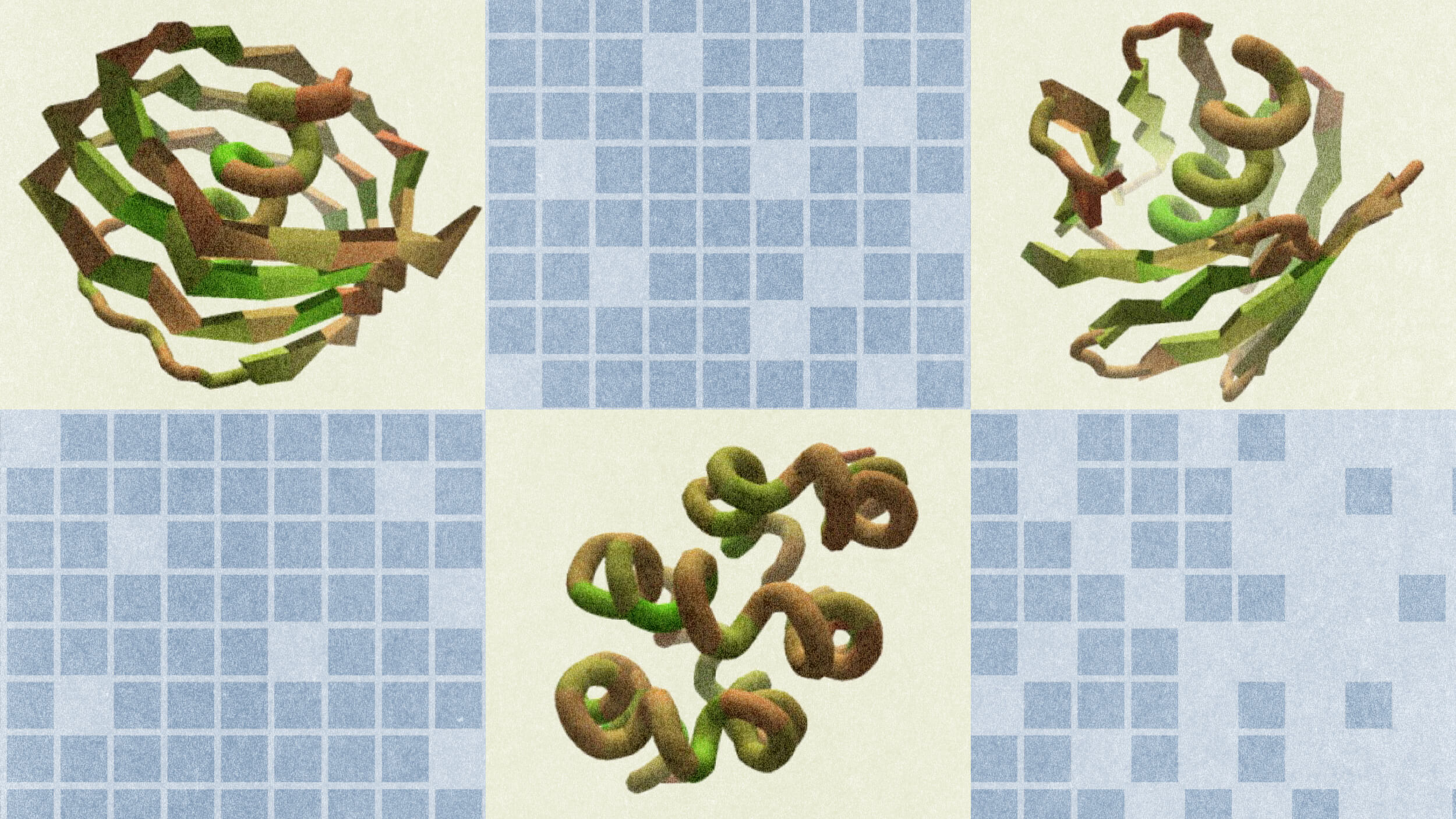Genetically-modified food may have undiscovered benefits, Chang says.
Question: Welcome improvement or risk?
David Chang:I don’t know that much about it. I was fortunate enough to visit Wes Jackson out at the Land Institute in Salina, Kansas. And it would seem that genetically modified food is bad across the board. But if you can do it where it benefits.
I don’t know much about it at all.
If there’s a way that can follow the philosophy of doing things the right way and improving the local environment, for instance, I think it’s fine.
Again I don’t want to misinterpret what they’re doing out there, but it seems that like the prairie fields in the Midwest had never been analyzed, right? When people settled it, it was completely, “We’re growing corn and that’s it.” But no one realized that prairie plants are perennials. They never die. So if they could somehow cross that with corn or something; I don’t know.
Forgive me Wes if this ever gets to you, but like it feels like they’re not genetically engineering things, but they’re trying to understand the genetics behind it so they can produce better food, and that’s going to be better for the environment overall.
So that’s something that’s cool. But genetically altered everything else, I don’t know. I don’t know that much about it.






